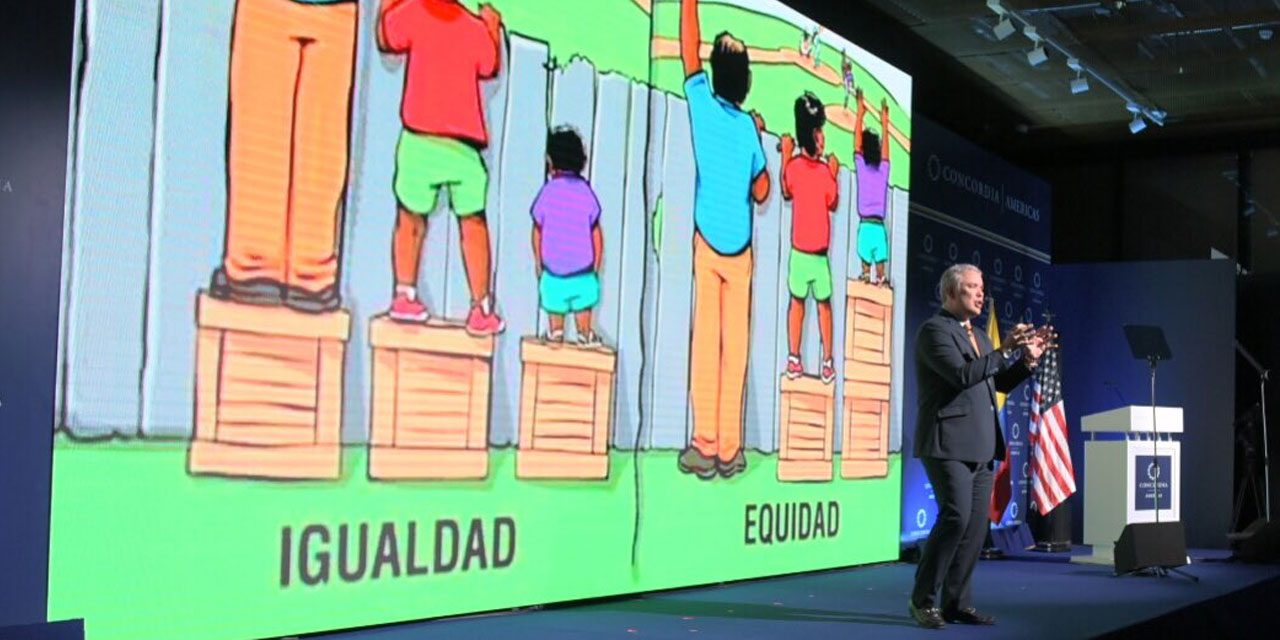Colombia’s government doesn’t just want to impose an 18% sales tax on basic food products, but also on school books and newspapers.
The controversial tax reform presented to Congress by President Ivan Duque’s finance minister seeks to introduce an 18% sales tax on all kinds of goods that used to be exempt from this tax.
According to US television network Bloomberg, the controversial tax plan could soar inflation in Colombia to 6%.
Banco de Bogota chief economist Camilo Perez
Promoting both hunger and ignorance?
According to the proposal sent to congress, school books, school utensils and newspapers are among the goods that will be taxed after decades of government policies that exempted basic goods and educational material to prevent Colombia’s extreme inequality rate to deteriorate even further.
Economists have already rejected the proposals, claiming this would lead to soaring inflation and further impoverish the country’s lower-income inhabitants and the poor.
They were joined on Thursday by business leaders and politicians, even from within Duque’s own governing coalition.
Conservative Party Senator Efrain Cepeda
Duque insists his tax reform will benefit the poor
Following the storm of criticism and contrary to what multiple Colombian economists have said, Duque insisted that imposing taxing on food, which disproportionally affects the poor, will stimulate the economy.
President Ivan Duque
Duque — who claims that low-income households will be compensated for their reduced spending power — failed to mention that his controversial tax reform also seeks to lower income taxes for the country’s top earners.
The revelation that newspapers will also increase 18% in price turned even the country’s media, who have traditionally been close to the country’s ruling elite, against the government.
Association of News Media director Werner Zitzmann
The growing resistance against the tax plan, also in the country’s business sector and congress, is making the approval of the tax reform increasingly unlikely, and would leave the country with a budget deficit of more than $4 billion.
The last time Carrasquilla was Finance Minister, between 2003 and 2007, extreme poverty in Colombia went up 0.7%. This year alone, more than 160 infants died of malnutrition, primarily because of government corruption and state neglect.


